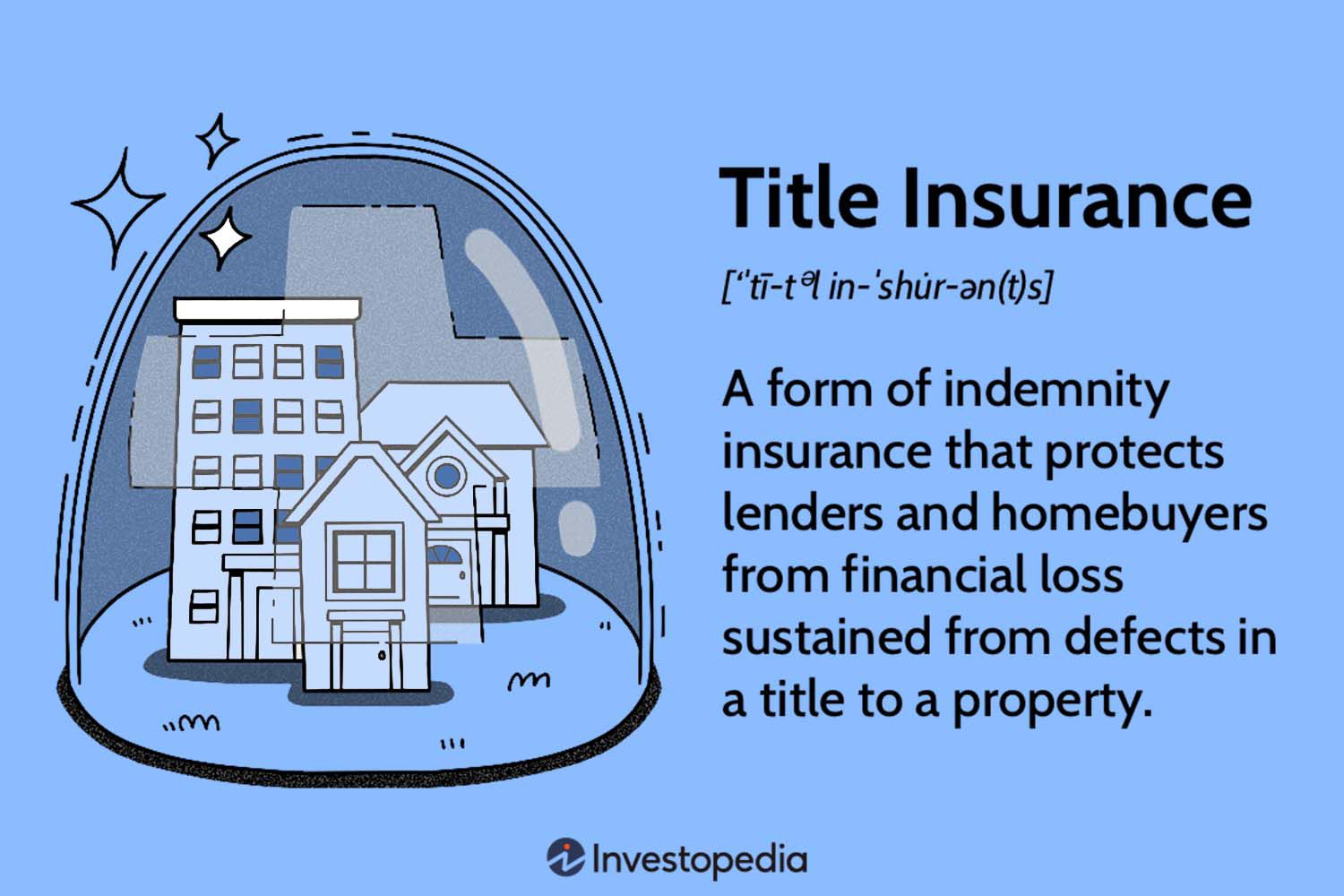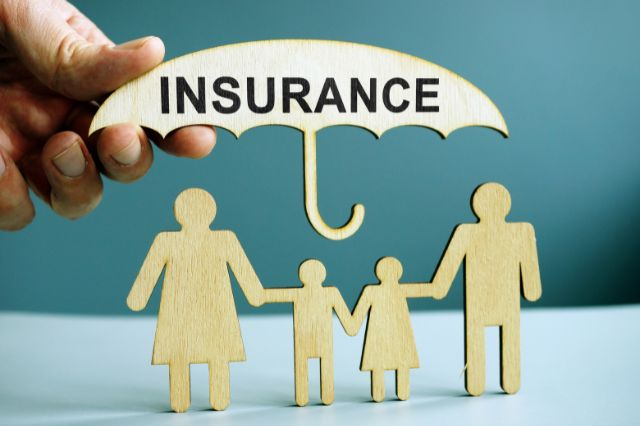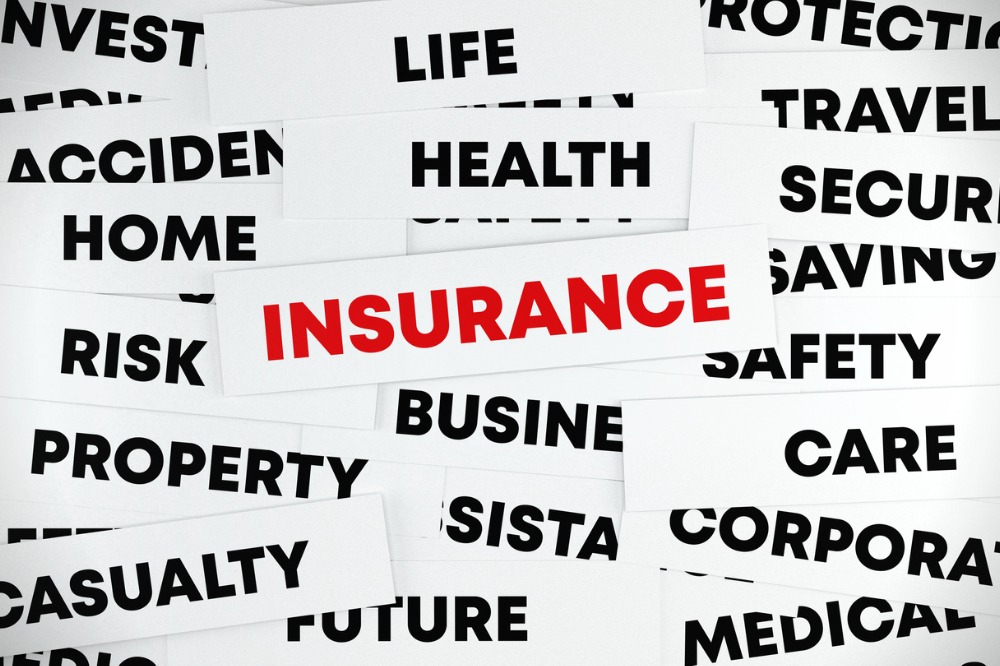In Europe, property insurance is regulated by a set of financial guidelines to ensure the stability and reliability of the insurance market. These guidelines cover various aspects including pricing, risk assessment, financial reserves, and regulatory compliance. Here, we delve into the details of these guidelines and address some frequently asked questions regarding property insurance in Europe.
Guidelines on Property Insurance Finances in Europe
Pricing Standards
Insurance companies in Europe must adhere to strict pricing standards to ensure fairness and affordability for policyholders. Pricing is typically based on factors such as the value of the property, its location, construction materials, and potential risks such as natural disasters or vandalism.
Risk Assessment
Before issuing a policy, insurers conduct thorough risk assessments to determine the likelihood of property damage or loss. This includes evaluating factors such as the property’s proximity to flood zones, crime rates in the area, and the condition of the building.
Financial Reserves
European insurance regulations require companies to maintain adequate financial reserves to cover potential claims. These reserves serve as a safety net to ensure that insurers can fulfill their obligations to policyholders, even in the event of unforeseen circumstances or large-scale disasters.
Regulatory Compliance
Property insurance providers in Europe must comply with regulations set forth by national authorities as well as supranational bodies such as the European Insurance and Occupational Pensions Authority (EIOPA). These regulations govern various aspects of insurance operations, including capital requirements, solvency ratios, and consumer protection measures.
List of Financial Insurance Companies in Europe for Property
- Allianz SE: Allianz is one of the largest insurance and financial services companies in the world, headquartered in Munich, Germany. It offers various property insurance products for individuals and businesses.
- AXA SA: AXA is a multinational insurance firm headquartered in Paris, France. It provides property insurance solutions for both residential and commercial properties across Europe.
- Zurich Insurance Group: Zurich Insurance is a Swiss insurance company headquartered in Zurich, Switzerland. It offers property insurance coverage for homeowners, landlords, and businesses throughout Europe.
- Generali Group: Generali is an Italian multinational insurance company headquartered in Trieste, Italy. It provides property insurance solutions for residential and commercial properties across Europe.
- Aviva plc: Aviva is a British multinational insurance company headquartered in London, United Kingdom. It offers property insurance products for homeowners, landlords, and businesses in Europe.
FAQs
What types of property are typically covered by insurance in Europe?
Property insurance in Europe typically covers residential homes, commercial buildings, rental properties, and vacation homes. Some policies may also include coverage for personal belongings and liability protection.
Are natural disasters covered by property insurance in Europe?
It depends on the specific policy and the insurance provider. In some cases, natural disasters such as earthquakes, floods, and hurricanes may be covered, while in others they may require additional riders or separate policies.
How are insurance premiums calculated for property insurance in Europe?
Premiums are calculated based on various factors including the value of the property, its location, construction materials, security features, and the policyholder’s claims history. Insurers use actuarial data and risk assessment models to determine the appropriate premium for each policy.
What should I do if I need to file a claim for property damage?
In the event of property damage, policyholders should promptly notify their insurance company and provide documentation such as photos, repair estimates, and police reports if applicable. The insurer will then assess the claim and provide compensation according to the terms of the policy.
Are there any discounts or incentives available for property insurance in Europe?
Some insurance companies offer discounts for policyholders who have installed security systems, fire alarms, or other safety features in their properties. Additionally, bundling multiple insurance policies with the same provider may qualify for a discount.
Conclusion
In conclusion, financial guidelines play a crucial role in shaping the property insurance landscape in Europe. By ensuring pricing transparency, robust risk assessment practices, adequate financial reserves, and regulatory compliance, these guidelines help maintain a stable and secure insurance market for both insurers and policyholders. Understanding these guidelines and having clarity on common questions regarding property insurance can empower individuals and businesses to make informed decisions when purchasing coverage for their properties.








